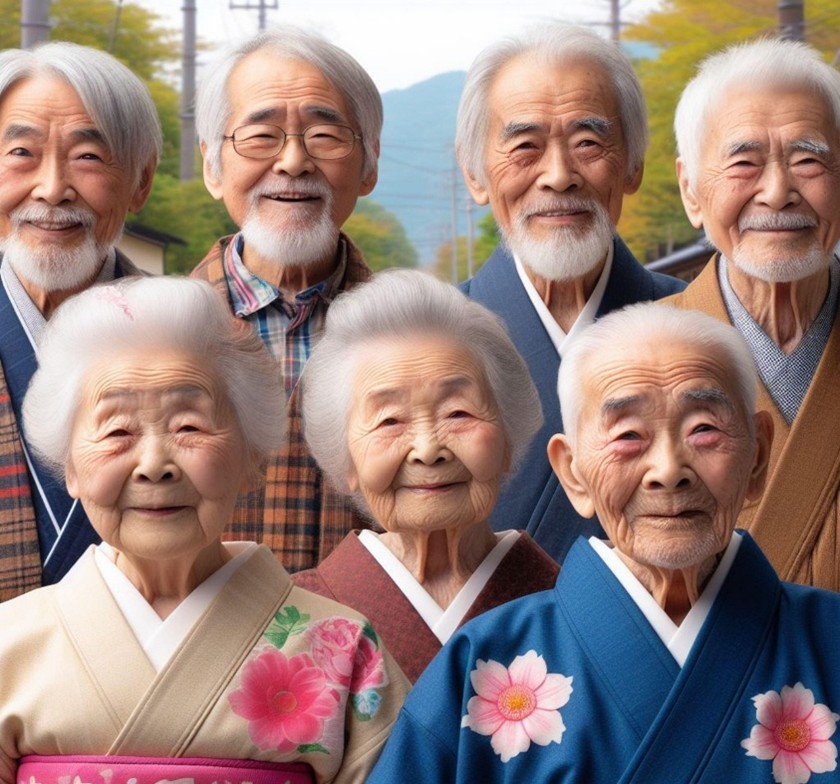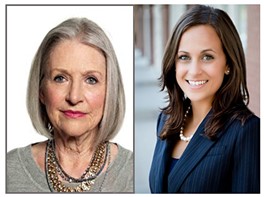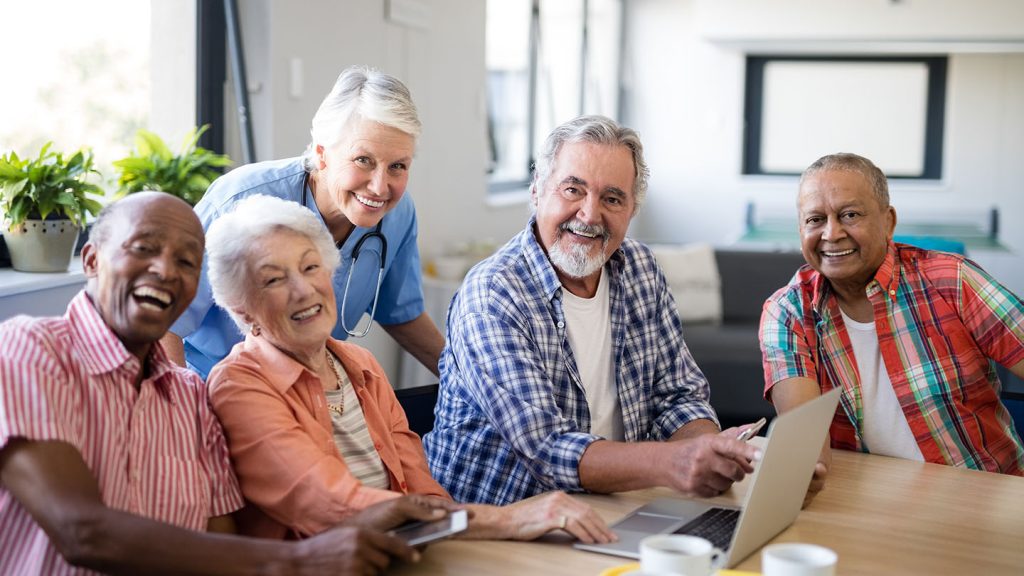Well, it depends on several things—gender, health, looks, physical and mental strength, economic status, relationships, turn of mind, and the society in which you live. The experience of being an older person isn’t the same for everyone, but I think that two things on the list determine whether it’s positive or negative. One is your turn of mind, by which I mean how you judge yourself, and the other is how your society judges you.
For example, from what I understand, the attitude toward older people in Japanese society is deep respect. Apparently, old people in Japan are valued for the wisdom they’ve garnered from a long life, and young people look up to them. Japanese people have one of the longest life spans on the planet, and some scholars attribute this partly to the status that older people enjoy and the self-respect arising from it.
Wouldn’t you love to spend some time with these people? I would.

In America, however, it’s different. Youth is everything here, and, as adults get older, they’re regarded as increasingly unimportant and unattractive in direct proportion to the number of birthdays they’ve had. This notion is supported by the overt and subliminal messages in TV shows, movies, magazines, and the ads that finance them. They suggest to us that the only way to maintain relevance in our current society is to buy all the makeup, products, supplements, surgery, and clothes we can afford to disguise the fact that our youth is slipping away. And what would we be without our youth and looks? Below are head shots of two attractive women and two attractive men. The men are applying for the same job. The women are applying for another job. Which man and which woman is most likely to be hired?


“You look so young” has become the ultimate compliment for older women. “You’re in great shape for your age” is what older males like to hear. In my view, valuing youth and looks over age and experience signifies a shallow culture that promotes unconscious anxiety in its citizens while making millions for the anti-aging industry. It’s ironic, therefore, that, when interviewed, most older Americans say that despite any infirmities or other negatives they may put up with, they’d never want to be young again. Some studies suggest that the happiest time of life is in one’s 70s and 80s. The people who feel that way understand that real worth involves experience, character, and how we treat others, not how gorgeous we look when we do something worthwhile. But, in general, I think that the happiness many older people feel comes from a newfound invisibility that frees them from the shackles of a society that has valued them mainly for their youth and looks. The society has lost interest in them, which makes them now free to be what they want to be and look any way they want to look.
What is your take on this?
Julie Winslett August 2025

13 Responses
Amen, sister. Thanks for giving voice to the gifts and wisdom of elders in our youth-obsessed society.
Thanks, Lyn.
I agree. It’s sad that people use all those products to reverse aging. I am 83 and still work out at the gym. Movement is everything. Don’t sit still!
Congratulations Julie on this blog. Look forward to more
Good advice, Susan!!
Great advice, Susan.
Our “aging” is taking place during a massive paradigm shift where the machine we have created can mimic and even surpass our cognitive abilities.
https://lfyadda.com/the-amazing-world-of-ai-language-models-from-reality-to-mathematics-to-mind/
To be invisible because of aging is an interesting concept I never really thought about before reading your blog. Maybe so. There are certainly times when I have certain goals, places to go, things to do and would like to be invisible– to do what I want to do, as you suggested. Nevertheless, I enjoy surprising moments when I engage with perfect strangers. Always a surprise, these meetings can be transformative or hilariously funny. I don’t remember these startling moments happening when I was young. Why now? -Thanks, Duanne
Why now? Good question, Duanne. Could it be that older people are less threatening, which makes us more approachable and safe? You have touched on one of the perks of being older-experiencing those types of transformative meetings. That’s a great idea for a future blog post.
Leverage age. Experience, insight, wisdom, and savvy are on your side. Your aches and pains are badges of usage.Wear them proudly. And if anyone doesn’t agree with you, whack them with your cane.
The Invisibility Cloak is a fine possession indeed!
So true, Teresa!
Brava, Julie! As a member of the most hated generation in history, I’m delighted to find a welcoming space. I wonder how long even Japanese elders will continue to be venerated when the young can answer any questions about the past by Googling?
It doesn’t look very promising, does it?